Published
3 months agoon
By
Adubianews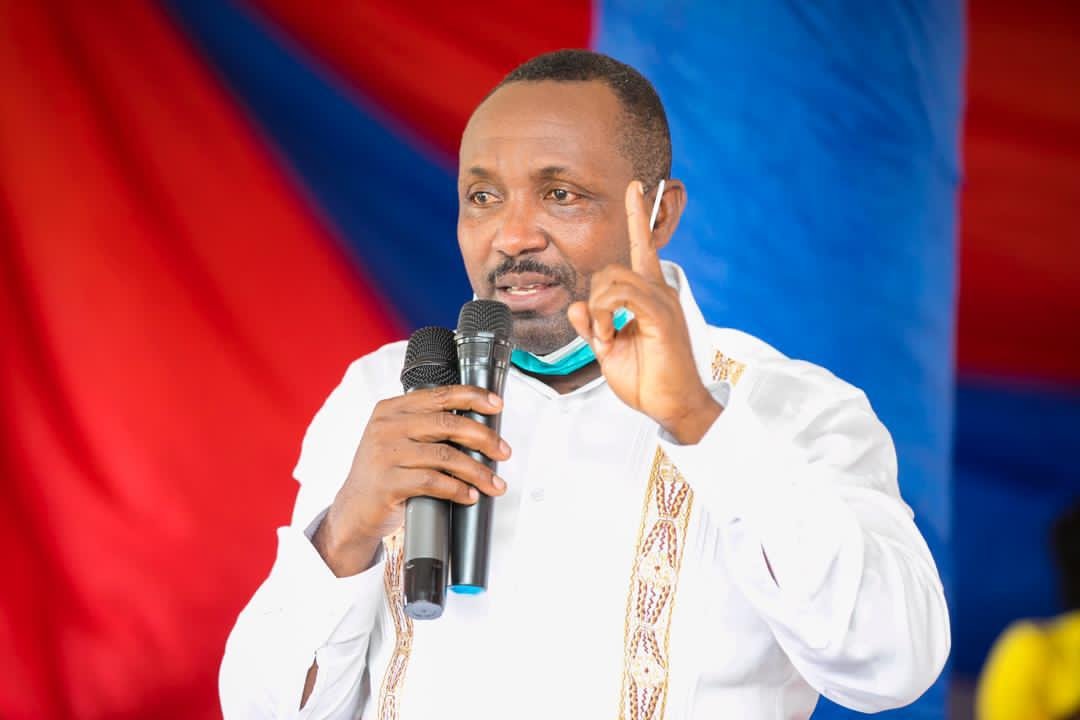
Former NPP General Secretary John Boadu has raised strong concerns about the conduct of Ghana’s newly vetted Chief Justice, describing it as dangerous and potentially damaging to the country’s justice system.
Speaking on JoyNews’ PM Express on November 11, Boadu said a comment made by Justice Paul Baffoe-Bonnie during his vetting exposed worrying judicial instincts that could compromise fairness in the delivery of justice.
According to Boadu, the Chief Justice’s account of sentencing a convict to 70 years instead of 30, based on personal fears that the offender might harm him upon release, was deeply troubling.
“A Chief Justice who says he gave 70 years because he was afraid the person might come back to harm him? That’s dangerous. It’s a threat to our body politic and our justice delivery,” he stated.
Boadu cautioned that justice must never be driven by personal emotions or sentiments, insisting that such decisions weaken the credibility of Ghana’s judicial system.
“If rulings are guided by a judge’s feelings or fears, then what confidence can citizens have in the courts?” he questioned.
The former NPP executive argued that the President should have withdrawn the nominee or that Parliament should have rejected the appointment entirely. He also defended the Minority’s walkout during the vetting, saying it was the right call to avoid legitimising what they viewed as an unconstitutional process.
“We walked out because we didn’t want to legitimise illegality. They shouldn’t have vetted him at all, especially when there’s an ongoing case that could affect the appointment,” he explained.
Boadu maintained that the Majority’s dominance in Parliament made it impossible for the opposition to raise meaningful objections, leaving the Minority with limited options.
He further linked the opposition’s current parliamentary weakness to the NPP’s poor performance in the 2024 elections, noting that reduced representation had weakened oversight and accountability.
“We performed abysmally in 2024, just about 32% of seats. That’s why major policies like the petroleum levy passed within 24 hours without serious debate,” he lamented.
Boadu concluded that Ghana’s democracy suffers when personal biases infiltrate the judiciary and when Parliament lacks the balance needed to check such excesses.
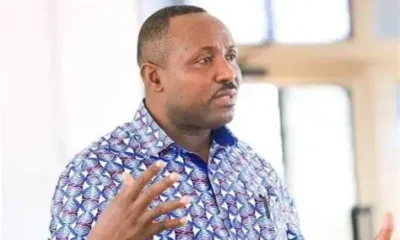

John Boadu Slams NDC Over “Unjustifiable” Cocoa Price for 2025/2026


NPP will never appoint an outsider in our next Gov’t – John Boadu on Amidu Saga


Election 2020: Otokunor’s Rigging Allegation Against EC Fatuous – John Boadu Jabs
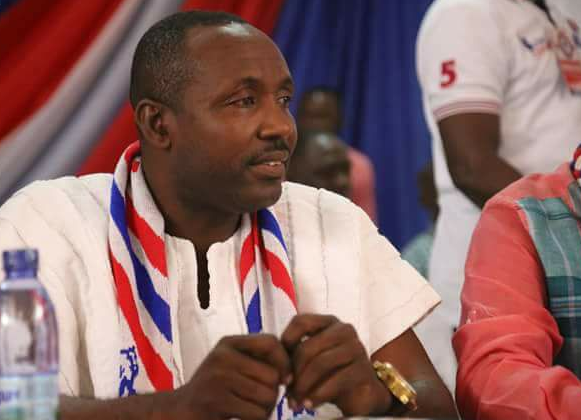

‘Funny’ Asiedu Nketia May Be Suffering From ‘Amnesia’ – John Boadu


John Boadu: NEC will decide on replacement for murdered MP


“You’ve done a great job” NPP showers praise on EC
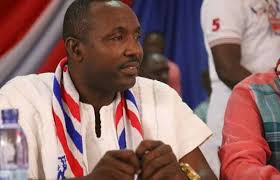

Mahama must apologise for ‘treacherous ethnic sentiments’ – NPP


Nobody will even wave Prof. Jane if she ‘walks from Bukom to Makola’ – John Boadu [Video]
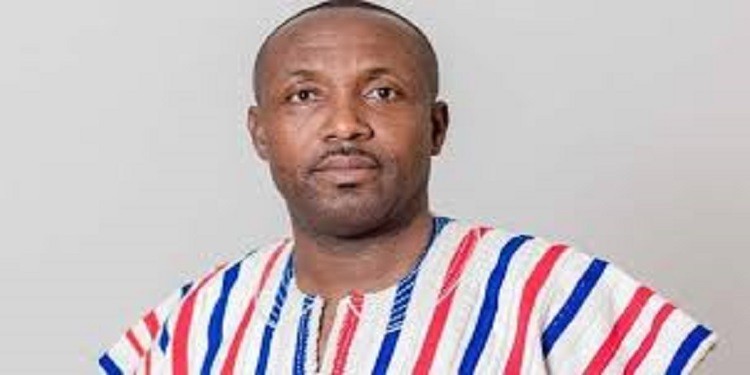
Carlos’ callousness condemnable but not against the law – John Boadu [Video]

























